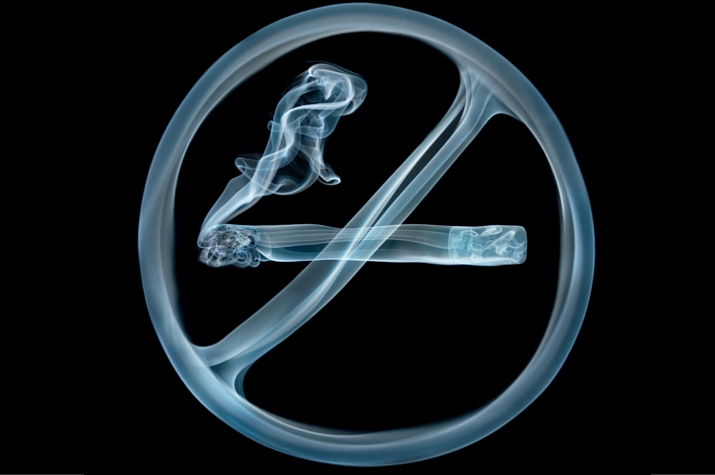Smoking during live performances

What are performers' rights and responsibilities?
Legally employers are required to take all measures that are practicable to protect your health and safety in the workplace.
Employers must ensure that the overall air quality at a workplace does not endanger the health, safety or welfare of any worker or visitor. Smoking and passive smoking are among the most significant of airborne contaminates.
Equity takes the position that smoking during a performance should be avoided, especially if there are children in a cast or if audience members are likely to be affected.
The Performers’ Collective Agreement (PCA) states that if an employee is going to be required to smoke this must be set out in advance in the contract. If it isn’t, smoking can only be required with the consent of the performer.
It is important to be aware of the legal position in each State as well because this will take precedence over the PCA.
What are my health and safety responsibilities as an employee?
As an employee you have a general duty of care to take “reasonable” action to minimise the effects of your acts or omissions on the health and safety of all persons at your workplace. You should cooperate with the employer in complying with any relevant health and safety legislation, including with regards to smoking in the workplace. While in most workplaces smoking is banned, for performers the situation can be a little different because there are some exceptions for live performances.
Is the legislation the same throughout Australia?
No. The legislation varies regarding the definition of “smoking” and whether or not there are exceptions. Below is a summary of the legislation as it applies across Australia.
ACT - Tobacco and herbal smoking products must not be used in a workplace. A smoking apparatus or prop should be used if smoking is to be depicted in a performance.
VIC - Tobacco products should not be used. Herbal cigarettes may be an option as they do not appear to fall within the definition of a “tobacco product”. However, WorkCover suggests that a smoking apparatus or prop be used instead.
NSW - it is not considered an offence to smoke during a performance where smoking is deemed ‘necessary’. However, as with Victoria, WorkCover would prefer that real tobacco cigarettes were not used and encourage the use of an apparatus or prop to replicate smoking.
QLD - Smoking of tobacco and herbal cigarettes is allowed if it forms part of a live performance, but the use of a smoking apparatus or prop is preferable.
NT - Smoking is allowed if the person smoking is taking part in a bona fide theatrical performance and did not continue to smoke for longer than was necessary for the purposes of the performance. This would appear to apply to both tobacco and herbal cigarettes. However, the use of a smoking apparatus or prop is still advised.
SA - In order to “smoke” where smoking is defined as to “smoke, hold or otherwise have control over, an ignited “tobacco product” (this description is inclusive of all types of cigarettes, cigars, pipes and herbal cigarettes) an exemption would need to be applied for and recommended by the Minister for the Arts.
TAS - Although smoking is not allowed, the definition of “smoke” does not include the smoking of an herbal cigarette, which appears to be acceptable. However, Tasmania has some of the toughest anti-smoking laws in the country and given the broad expanse of these laws it would be sensible if a smoking apparatus or prop was used instead.
WA- Smoking in an enclosed public space is not allowed however a producer or company may, prior to any performance taking place, obtain the consent of the venue management/owner to have a performer smoke for the purpose of the performance.
While the law clearly varies from State to State, the safest option is always to use a smoking apparatus or prop. Ultimately you have a right work in a healthy and safe environment and it is the responsibility of your employer to provide this.
If you are concerned about having been asked to smoke on stage, or if you have any questions in relation to this matter please contact MEAA Member Central on 1300 65 65 13.